Shore Friendly is sending ripples throughout the region
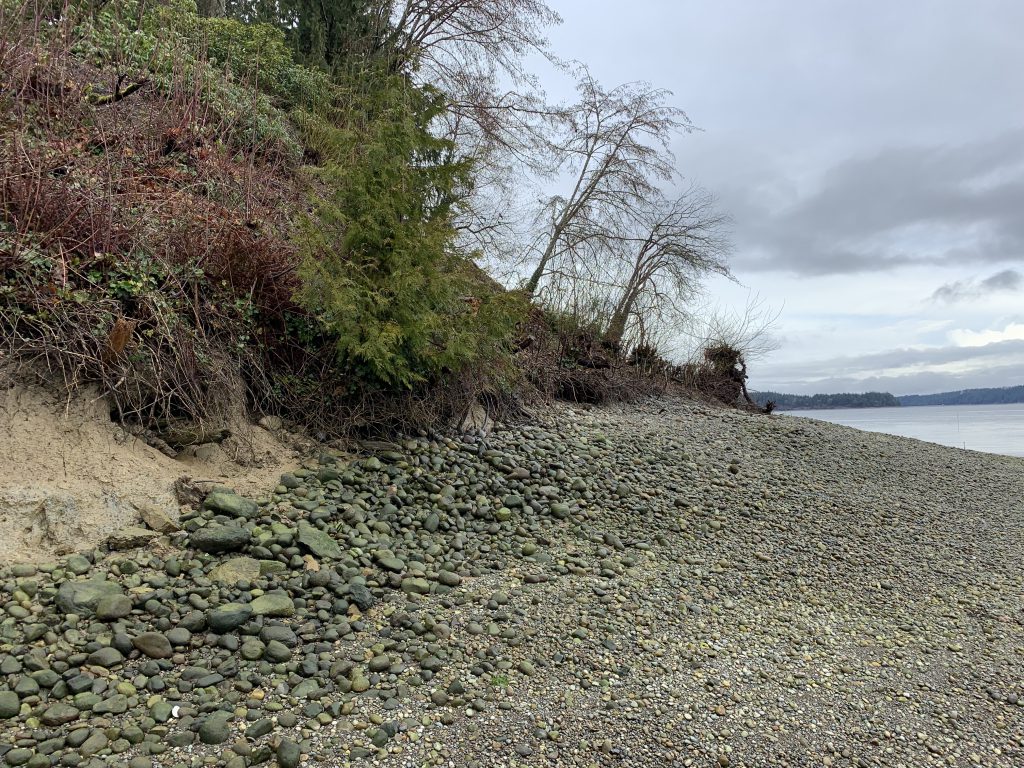
Shore Friendly is a voluntary program that helps private landowners of marine shorelines in Puget Sound reduce shoreline armoring and restore shoreline habitat around the Sound. The program aids landowners in managing their property while also restoring natural beach habitat.
Northwest Straits 2023 Impact Report drops with a splash
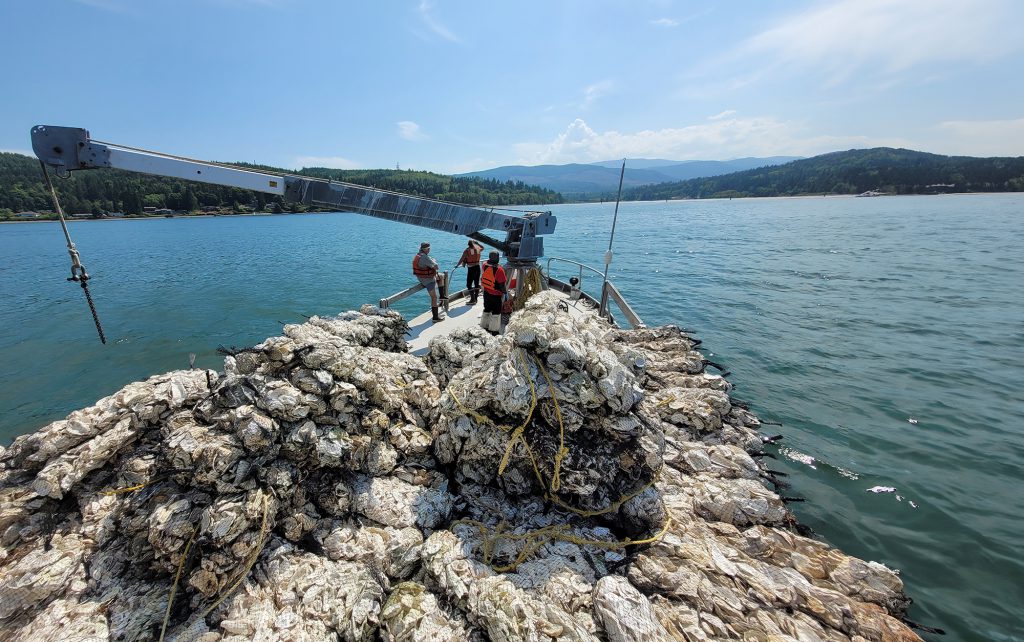
Northwest Straits Commision’s Impact Report 2023 celebrates their work and achievements over the past 12 months.
Sound Safe Infrastructure: Building a future with resilient infrastructure and ecosystems
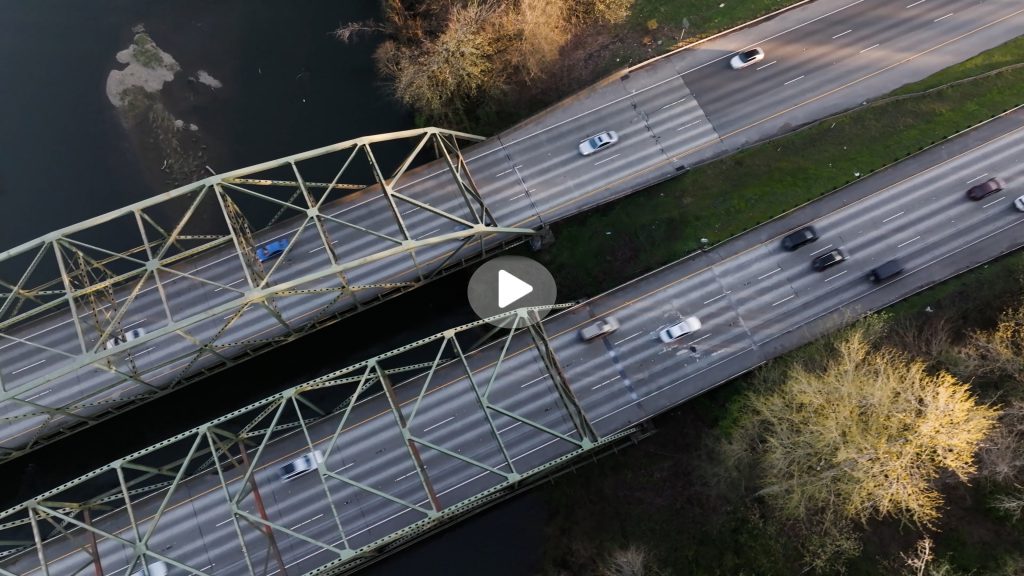
Tribes, local governments, state agencies, and nonprofits are working together to plan and complete infrastructure improvements that contribute to Puget Sound ecosystem and salmon recovery. This relationship between the recovery and transportation sectors creates Sound Safe Infrastructure, which produces better outcomes for people, salmon, and the environment.
The Bipartisan Infrastructure Law and the Inflation Reduction Act provide transformational funding to support Puget Sound recovery priorities
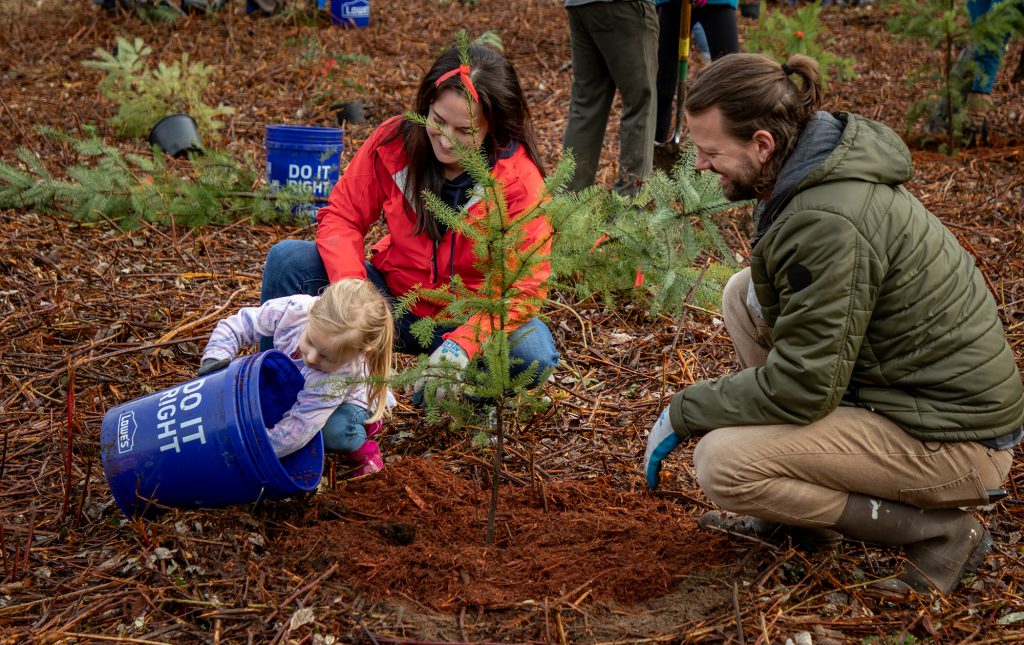
Funding from the Bipartisan Infrastructure Law and the Inflation Reduction Act has supported projects for salmon recovery, fish passage, habitat restoration, greenhouse gas reduction, environmental health improvement, mobility and safety, flood-hazard reduction, invasive species management, and more.
Navigating the depths
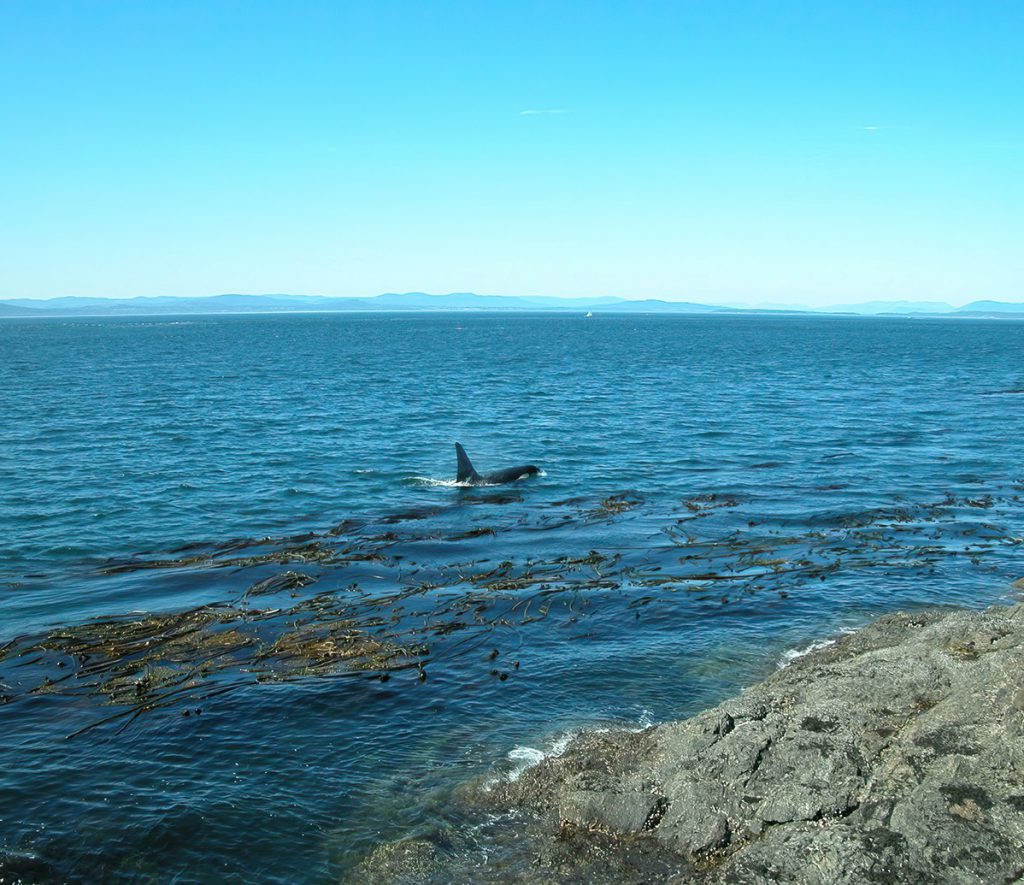
The Cetacean Desk’s marine mission for the Southern Resident killer whales.
Resilient floodplains for people and salmon
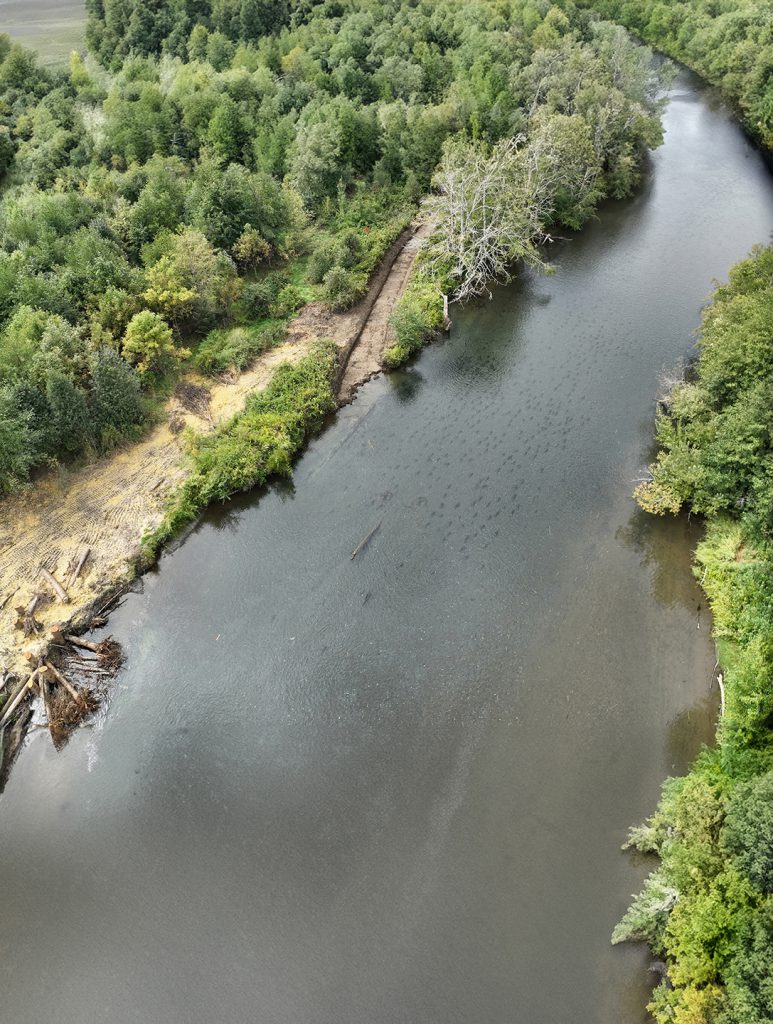
Salmon recovery partners throughout the state—including Tribes, local governments, and nonprofits—have seen their projects delayed or cancelled due to impacts from a change in the Federal Emergency Management Agency’s (FEMA) no-rise policy. The no-rise policy now mandates costly analyses for salmon habitat restoration projects. Partners are seeking to work with FEMA to change the policy so that it’s more flexible for restoration activities.
Doubling down on restoration
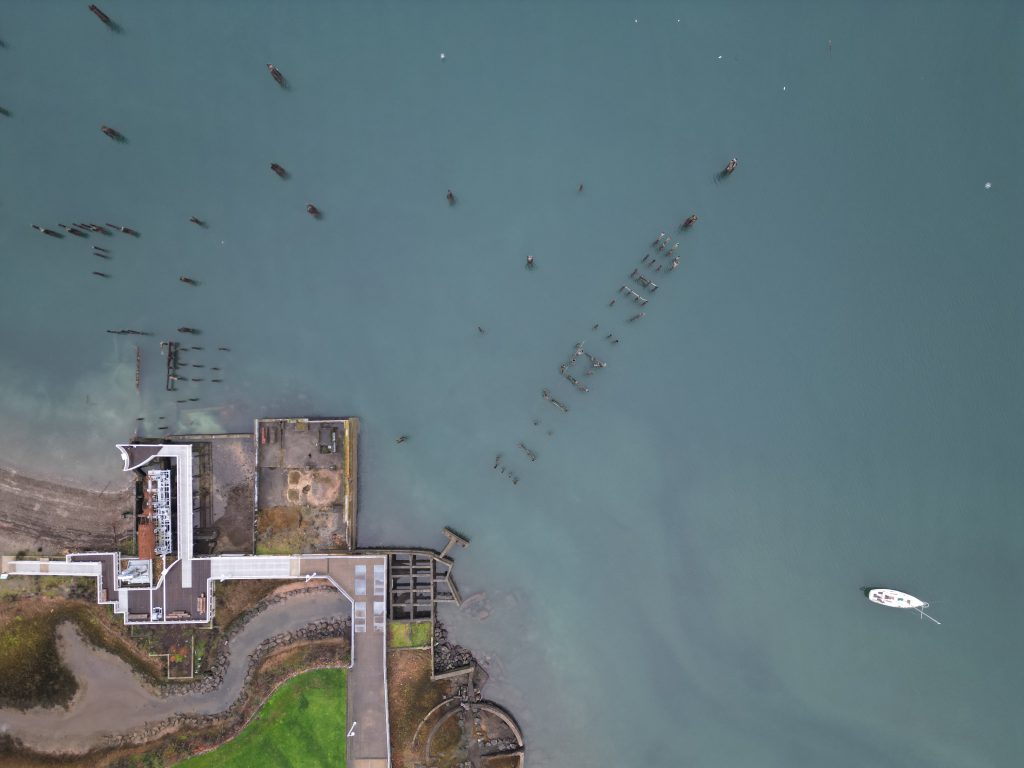
The Salish Sea Nearshore Programmatic is a regulatory tool that helps proponents of on- or over-water construction projects balance out the ecological impacts of construction with equivalent ecological offsets. Project proponents can offset these impacts by purchasing conservation credits from the Partnership’s Nearshore Credits Program, which helps fund restoration throughout the region.
Point Ruston’s transformation from polluted smelter site to waterfront destination
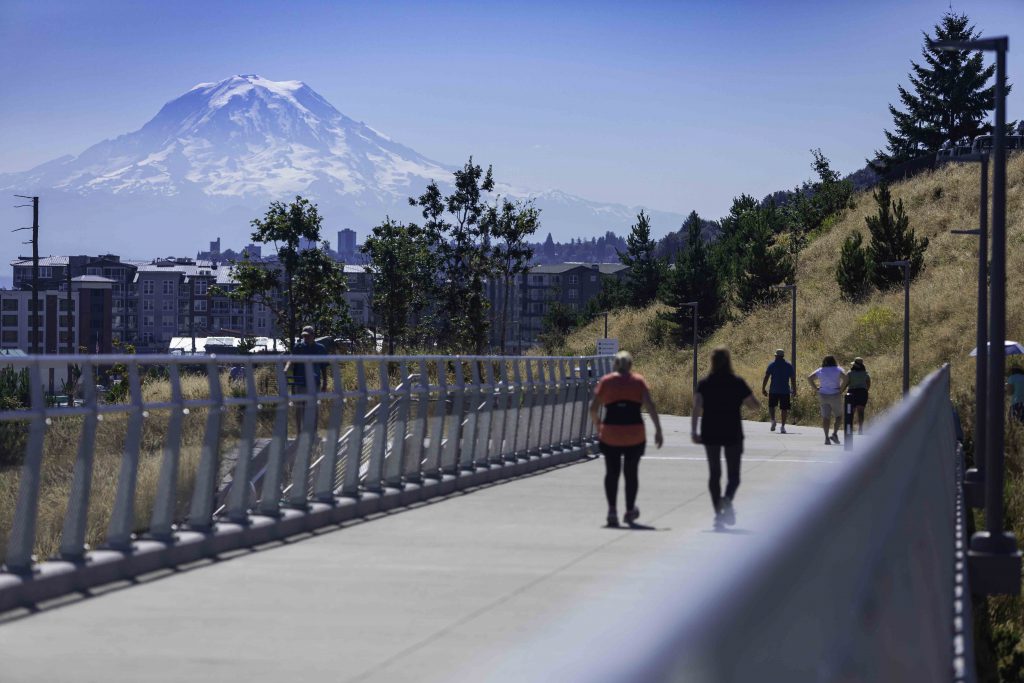
Ruston, near Tacoma, was the location for a massive copper and arsenic-producing smelter operation for almost 100 years. Ruston and the northeast part of Tacoma were shaped by the smelter and its pollution, and the subsequent cleanup and redevelopment of the area have transformed Point Ruston into a bustling destination for folks throughout the South Sound.
Puget Sound Day on the Sound
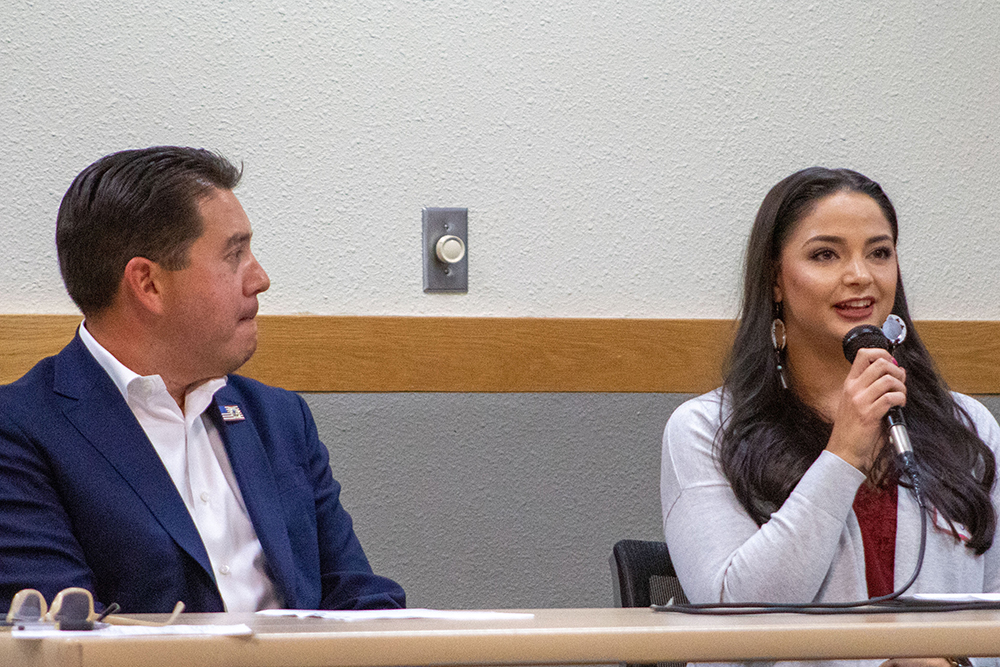
Representatives from federal and state agencies, Tribes, and local governments convened in Tacoma on Tuesday, Oct. 10 for the third annual “Puget Sound Day on the Sound” event. Over the course of several panel discussions, participants spoke about opportunities to better coordinate and align resources to accelerate Puget Sound recovery and support Tribal treaty rights.
2023 Science Panel comments on science and policy
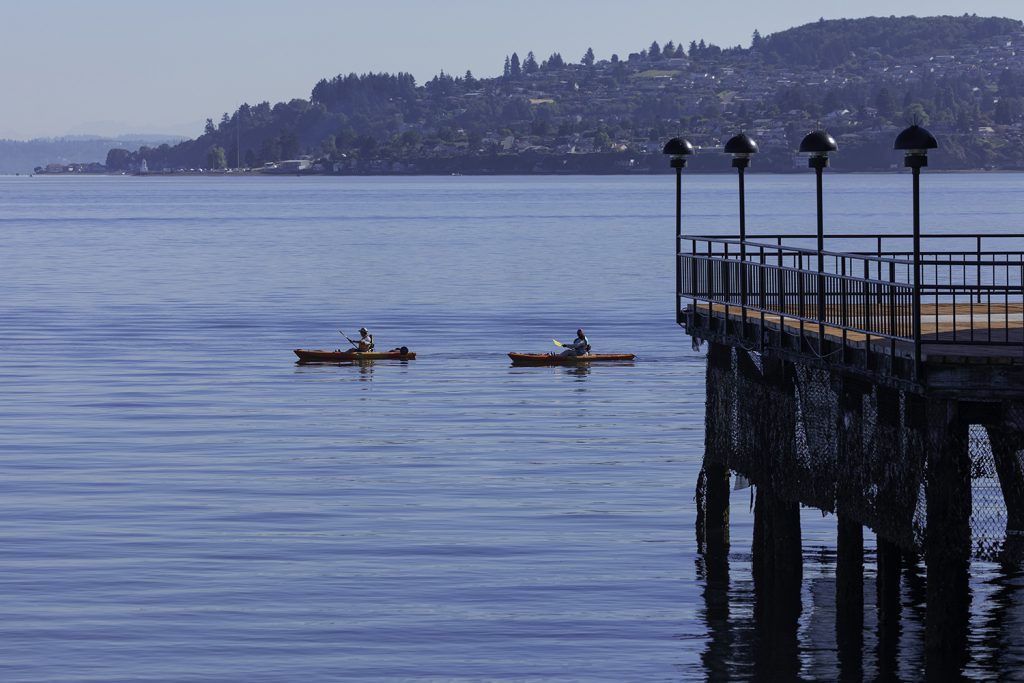
The Puget Sound Partnership’s Science Panel expanded on its comments in the 2023 State of the Sound report in a letter about science and policy.

